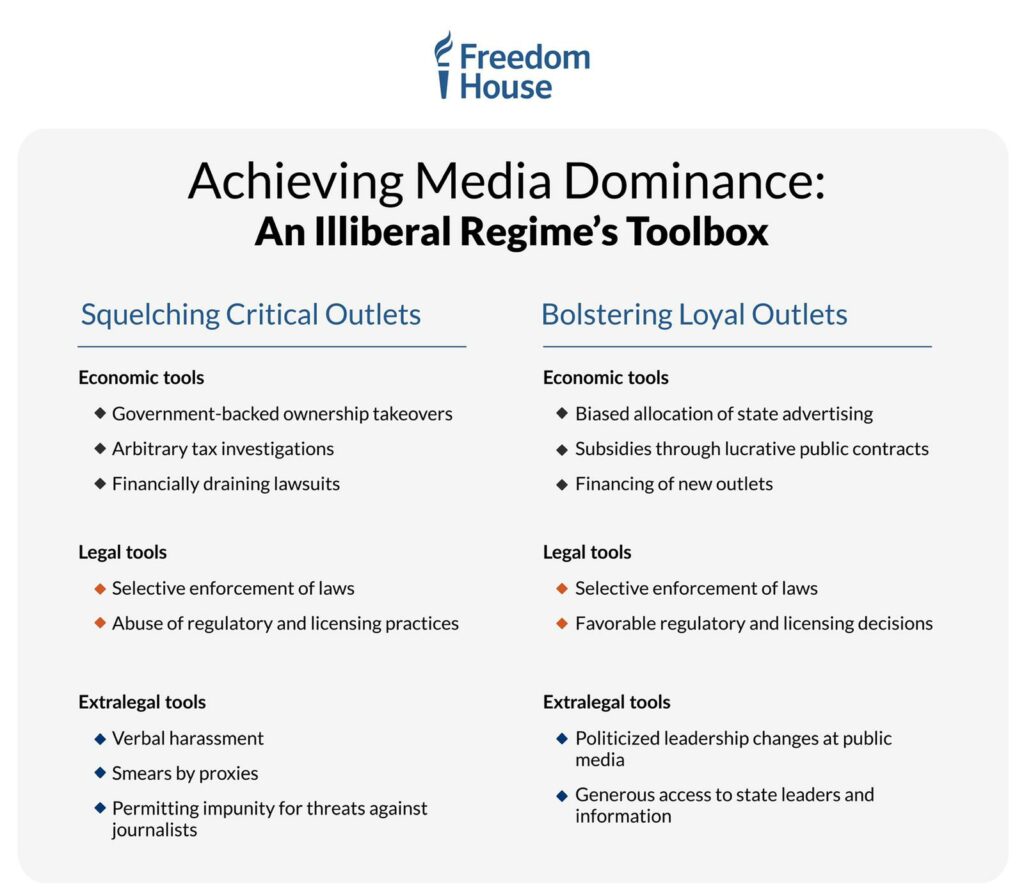The world has changed a lot since I started drafting this article on internet freedom and the downfall of the optimal freedom of expression on the Web. After Trump’s supporters’ siege and breach of the Capitol Hill, several social media platforms announced the deactivation of Trump’s accounts. Facebook’s founder Mark Zuckerberg expressed his grave concern about America’s core values of democracy and peace. The company decided to ban the President’s account indefinitely. The same goes with Twitch and Twitter, which the latter has just announced (January 9th 12 a.m. CET) a permanent block of Trump’s account.
Digital Freedom of Speech
Freedom of speech is a basic human right that should be protected, especially when major developed countries have well-established systems to safeguard this very right.
The First Amendment ensures that “the congress shall make no law prohibiting the free exercise; or abridging the freedom of speech”. Thus in most circumstances, the government should not punish, imprison, fine, or impose civic liabilities for exercising their freedom of expression. The freedom, similarly, is also upheld by the European Convention on Human Rights in the EU. As stated in Article 10 Section 1 of the Convention, “[Freedom of expression] shall include freedom to hold opinions and to receive and impart information and ideas without interference by public authority…”
However, how far can we go with such a widely protected freedom of expression and where should we set a bottom line for such freedom? There are clear interpretations and exceptional cases written in laws and conventions. According to National Constitution Center, low-value speech, for instance, defamation and true threats, is not protected by the First Amendment Law. Likewise, referring to Article 10 Section 2 of the European Convention on Human Rights, the freedom should consider the “interests of national security, territorial integrity or public safety, for the prevention of disorder or crime”.
The same goes with virtual public spheres like social media, such freedom should be guarded by who owns and develops the platforms. However, the extent of freedom should also consider civic responsibilities.
Tech Giants and their User’s Regulations
The public held polarized opinions and expectations of whether the Internet could promote or deteriorate democracy before the cyber public sphere appeared. At that time, at least opinions were generally neutral to positive. This optimism for Internet freedom rose due to the long-term skepticism and distrust towards mass media, which was held accountable for undermining democracy. Either by censorship, implemented by the government, or through agenda-setting by hegemonic media outlets. Yet, the concerns about the power of social media and tech giants have come into play in recent years.
Most tech companies provide many regulations in safeguarding users’ rights and at the same time, protect others’ safety. In accordance with the violent threats policy established by Twitter in 2019, 4 major violations were listed. Content that imposes deadly, sexual, or inciting threats are prohibited and not protected by the law.
In addition, with a view to reducing advocacy of violence on social media, Twitter’s counterparts, Facebook, YouTube, and Instagram have their corresponding community guidelines and anti-violence strategies.
We, as conscientious citizens, have the duty not to harm public safety and promote violence.
Totalitarianism and Digital Freedom
We need state-media or government-sponsored platforms to achieve media dominance (as seen in picture 1) in a totalitarian society by using different strategies to take out unwanted outlets and reinforce the existing dominant media. On the contrary, in a democratic society, tech giants act as the government. The removal of the Parler, a social media platform that gathers Trump supporters, on Google PlayStore and AppStore, has also proved that huge tech companies like Google have such power to dismiss all unfavorable content at their own wills.

We, as conscientious citizens, have the duty not to harm public safety and promote violence. We should be responsible for what we say even though we are granted such rights to express our opinions, beliefs, and political stances. Notwithstanding the simple concept of duty, it is often very difficult to define what should be regarded as acceptable speeches, especially on the Internet. Identifying the nature of the speeches online is more burdensome as it is hard to sense the intention of a speech without non-verbal cues. The recognition is also made difficult on the Internet due to the fact that we inherently act differently online and we lean towards the extreme ends of the political spectrum, which conceivably leads to more radical opinions unconsciously.
Furthermore, the preventive measures taken by the social media platforms are unexpectedly contiguous with how authoritarian powers do in their respective regimes. The measures include but are not limited to blocking, monitoring and disconnection of access, as we can see from the recent bans of Trump’s social media accounts and the cutoff of the right-wing social media Parler.
As a semi-government, companies are omnipotent, and they are certainly able to control how people act virtually. It is proven that Facebook does monitor your data. How the public, media conglomerates and the government take a balance between freedom of speech and public safety would be the central question regarding Internet freedom. When conglomerates are beyond control, social media and the people can never be “free”.
A Challenge of Modern Democracy
Apparently, the association between social media and the optimization of freedom of expression is not as clear-cut and straightforward as we thought ten years ago. The issue will become a bigger dilemma in times of political and social unrest – where is the escort bottom line of freedom?
The answer will shape our future and the possibilities of achieving democracy. We will further investigate issues about totalitarianism and Internet censorship next time.
Cover: Twitter





